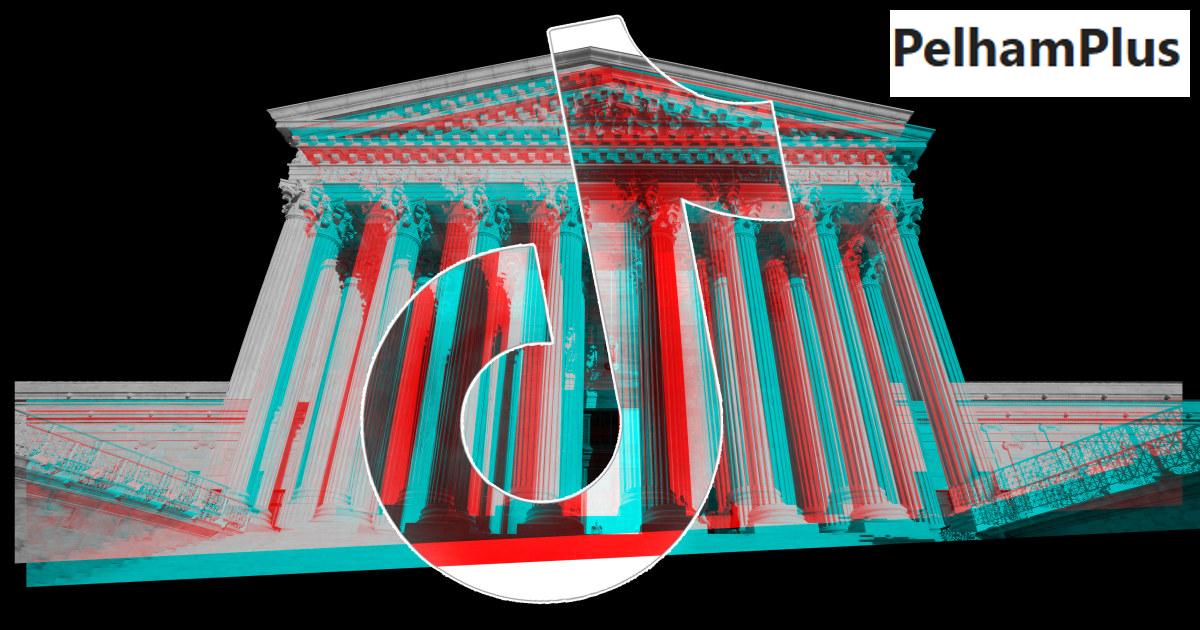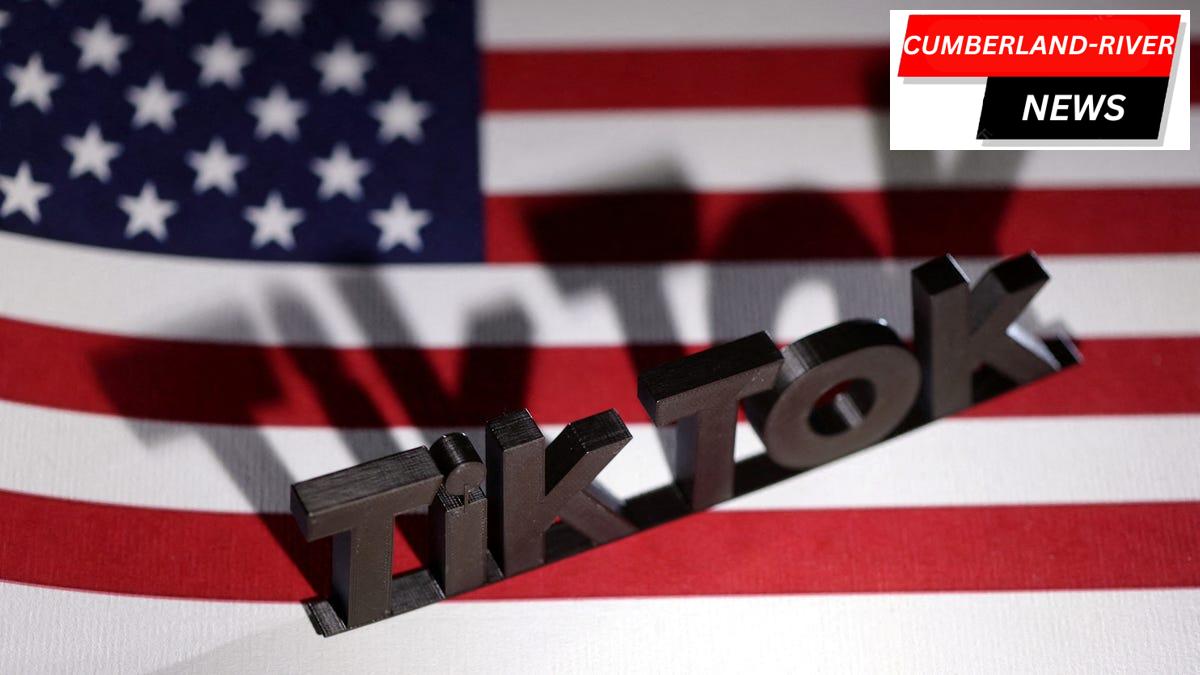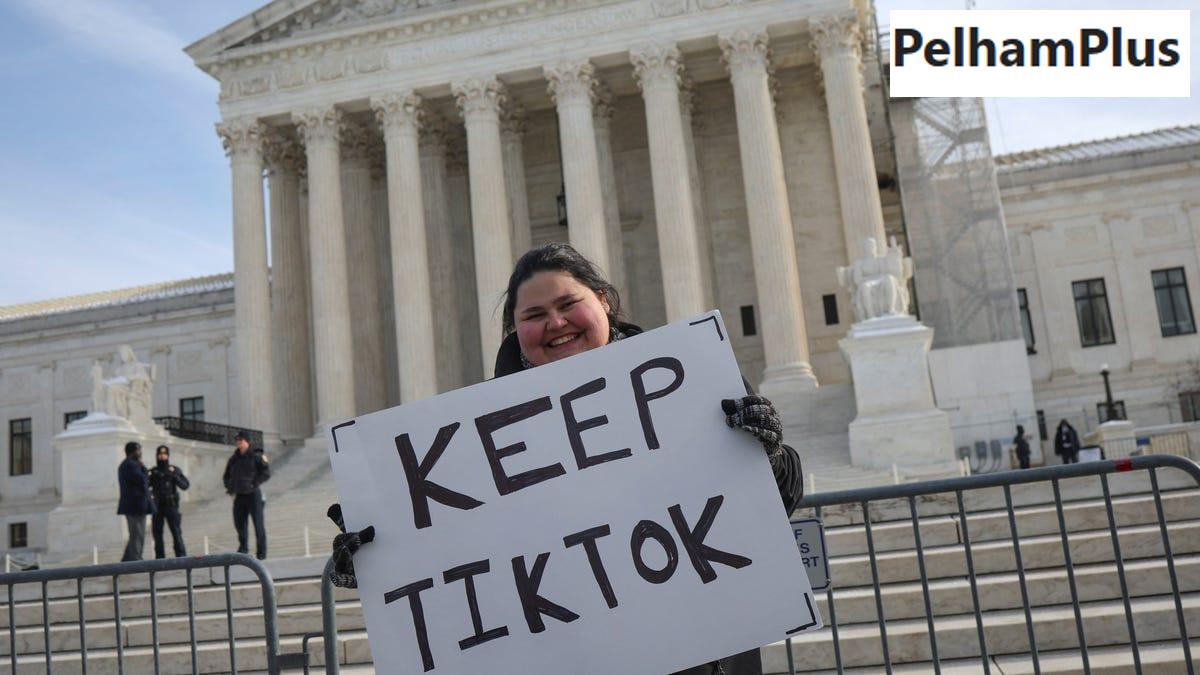The future of TikTok hangs in the balance as the Supreme Court hears crucial arguments regarding a law that could potentially ban the app across the United States. TikTok, a platform used by millions of Americans, is facing scrutiny due to national security concerns related to its Chinese ownership by ByteDance. In this pivotal hearing, justices will deliberate over free speech rights versus the government’s push for enhanced security measures.
Arguments at the Supreme Court
On January 5th, the Supreme Court began hearing a case concerning TikTok’s possible ban. This case isn’t just a minor matter; it involves serious discussions around free speech and national security. TikTok argues that the ban violates the First Amendment, which protects freedoms like speech and expression. They assert that 170 million US users should not be silenced due to fears related to its Chinese parent company.
Government’s Case
The government, led by the Justice Department, stands firm that TikTok represents a national security risk. They warn that the application could be leveraged by the Chinese government for purposes like espionage or spreading false information. As a result, they advocate for stricter measures against the app, claiming that data collection practices raise significant alarms about user security.
What the Justices Are Saying
During the hearings, Justice Kavanaugh described the government’s arguments about data collection as “very strong,” indicating a serious concern about how information is gathered from users. Chief Justice Roberts brought attention to the implications of ignoring potential threats posed by the Chinese government. While expressing concerns about free speech, the justices seem torn between protecting users’ rights and ensuring national safety.
Potential Outcomes
If the Supreme Court decides to uphold the law, TikTok might find itself forced to cut ties with ByteDance or face an immediate ban. However, if the court rules against the law, it could allow TikTok to continue its operations without interruption, thereby preserving the platform for its American users.
How TikTok Users Are Responding
Many TikTok users are feeling anxious about the outcome of this case, as the decision would directly affect their ability to use the platform. Some users are taking to social media, sharing videos that promote alternative methods to access TikTok, such as using Virtual Private Networks (VPNs). Others are mobilizing, showing their support for TikTok and advocating for their right to express themselves freely through the platform.
What Happens Next?
The court is expected to deliberate on this issue for some time before making a decision. Meanwhile, President-elect Trump has surprisingly sided with TikTok, suggesting a delay to allow for negotiations to take place. This twist adds another layer of complexity to an already tangled legal situation, as members of both government parties express contrasting views on how to handle the app.
Conclusion
The argument posed by TikTok against the potential ban presents a significant moment for free speech in America. As the case unfolds, the question remains: will TikTok remain available to its millions of loyal users, or will it be ushered out of the U.S. market as concerns about national security take precedence? The next steps will be critical for both TikTok and its vast community of creators and viewers.




